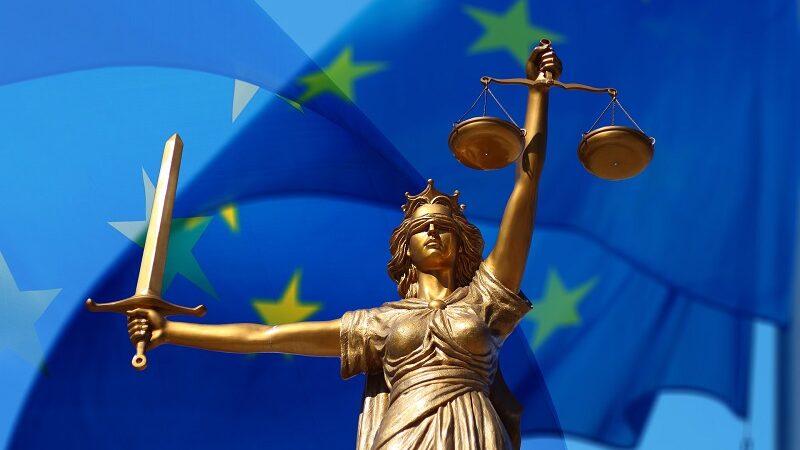Google must delete false claims after ECJ ruling
Google is committed to removing false information from its search results. The European Court of Justice decided that. However, those affected must prove that the data is incorrect.
The “right to be forgotten” has been in force in Europe since 2014. With its judgment at the time, the European Court of Justice enabled users to have certain content removed from the internet.
A new judgment of the court now confirms this right. Because search engine operators like Google need information that has been proven to be wrong.
Contents
Which case is behind the verdict?
Behind the verdict is a case of a couple who jointly run a group of investment companies. The managing directors had asked Google to remove links from the search results to certain articles.
In these articles, the investment model of the investment companies was presented critically. Inaccurate allegations were also included. According to the couple, it is a dubious website whose business model is based on blackmail with false claims.
Google did not want to comply with this request and referred to the professional context of the article. The search engine group also pointed out that it did not know whether the information in the article was really correct or incorrect.
Victims must provide evidence
The ECJ does not only hold the search engines responsible, but also those affected. Because they have to provide evidence if they request deletion from a search engine.
You must be able to provide “relevant and sufficient evidence” that the information is in fact incorrect. However, no court decision is required for this.
The ECJ thus relieves search engine operators such as Google of their obligation. Because they do not have to check themselves whether the statements are correct or incorrect.
Google is obliged to delete
However, search engine operators are obliged to carry out the deletion. This applies in particular if the request is substantiated by a court decision.
This is especially true when searching for images. Because these could represent “a particularly strong encroachment on the rights of this person to the protection of private life and personal data”.
If there is no such decision and the evidence of those affected is not strong enough, Google does not have to intervene.
Also interesting:



